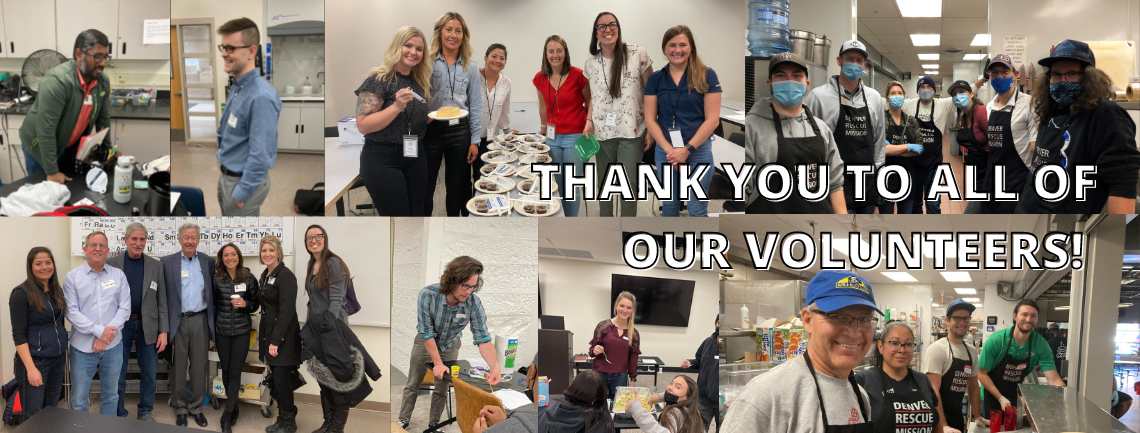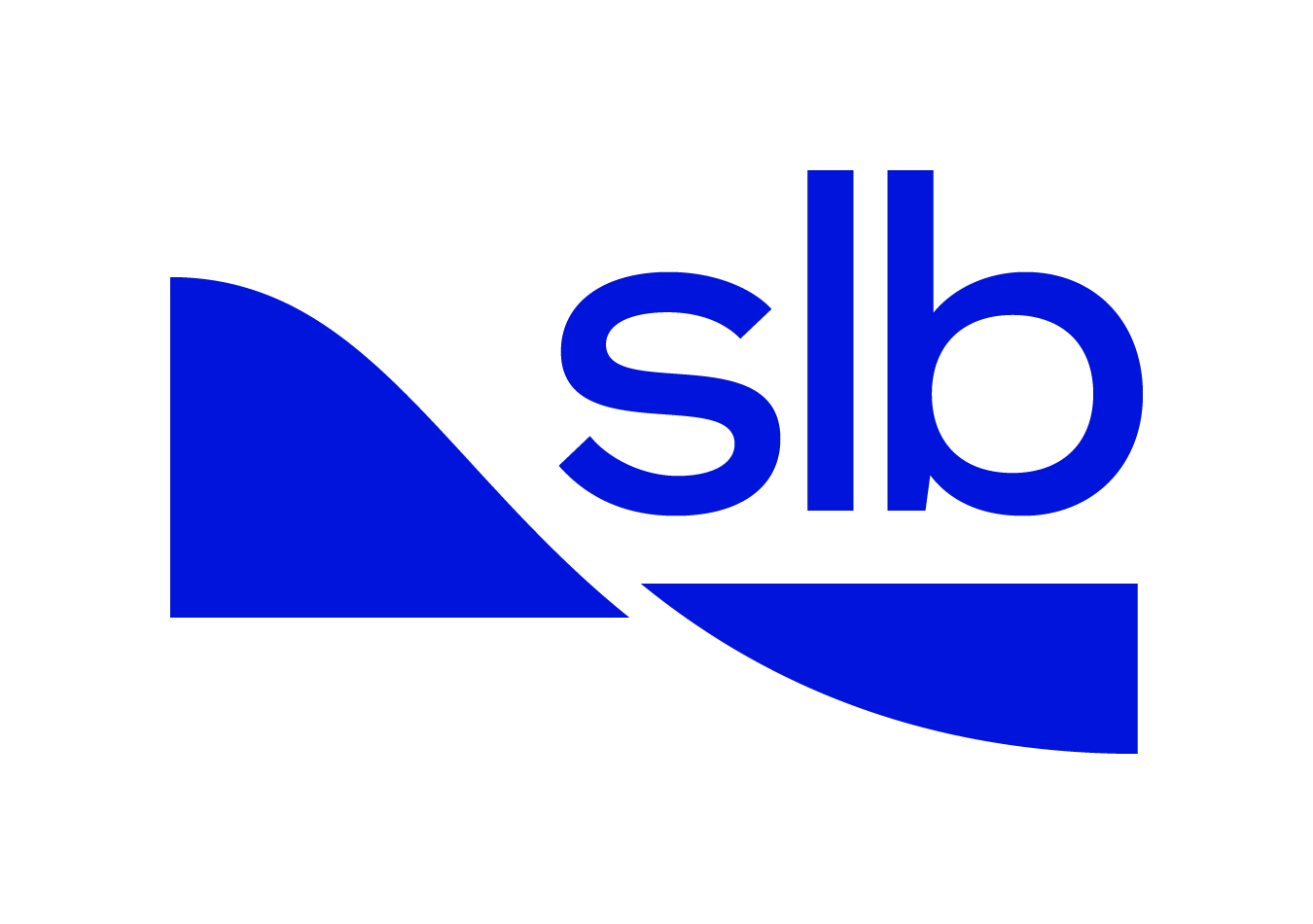Host: Society of Petroleum Engineers, Denver Section
Event: April 2025 Technical Happy Hour
Time: April 17th, 4-6 (HH begins at 4, Talk at 430, Social until 6)
Location: Liberty Energy, 950 17th St, Suite 2400, Denver, CO 80202
Sponsor: Liberty
Study Group Category: Completion/Diagnostics/Geophysics
Speaker: Joseph Mjehovich, Geophysicist, IFData LLC
Title: Bedding Plane Slippage and Fault Reactivation Captured by
Cross-well LFDAS Monitoring During Hydraulic Fracturing
Abstract:
This study provides the first direct observations of horizontal bedding plane
slippage detected using cross-well low-frequency distributed acoustic sensing (LFDAS) during
hydraulic fracturing stimulation in the Sichuan Basin, China. Traditional completion
designs assume vertical tensile fracture propagation; however, under certain stress and
geological conditions, fractures may grow horizontally, reducing stimulation efficiency and posing
risks such as induced seismicity and wellbore deformation issues. Distributed strain
signals captured in a horizontal observation well displayed elliptical contours spanning multiple
stages (300–700 m), characteristic of horizontal fracture growth. Additionally, fault reactivation
triggered by the horizontal fracture propagation is identified through a paired dipole-stripe
signature in the strain signal. To validate these interpretations, a displacement discontinuity method
based geomechanical model was applied, history-matching the LFDAS strain signals observed
during selected treatment stages. The model confirmed that a shear deformation component
is required for horizontal fractures to match field signals, implying bedding plane slippage.
It also verified hydraulic connectivity between several natural faults and the horizontal
fracture plane during injection, leading to fault reactivation.
These findings demonstrate the value of cross-well strain monitoring
combined with advanced modeling techniques in understanding fracture behavior in
complex geological settings. Recognizing the role of geological factors, such as weak bedding
planes and natural faults, is essential for accurately predicting fracture growth, optimizing
stimulation strategies, and minimizing risks in unconventional reservoir development.
Speaker Bio:
Joseph Mjehovich is a Geophysicist at IFDATA, specializing in the research
and development of distributed fiber-optic sensing for reservoir characterization and well design
diagnostics. His work focuses on advancing the analysis and interpretation of cross-well
fiber-optic measurements and integrating the company’s research and workflows into
real-world field projects. Joseph holds a Master of Science in Geophysics from the Colorado
School of Mines, where he contributed as a research associate in the Reservoir
Characterization Project (RCP) Consortium. His research included quantitative analysis of fiber-optic
sensing data to better understand the driving mechanisms of hydraulic fracture development.
Additionally, Joseph explored the application of distributed acoustic sensing for near-surface
seismic surveys to aid earthquake hazard site classification.




























 Where: The Ridge at Castle Pines North
Where: The Ridge at Castle Pines North When: April 24th, 2025
When: April 24th, 2025